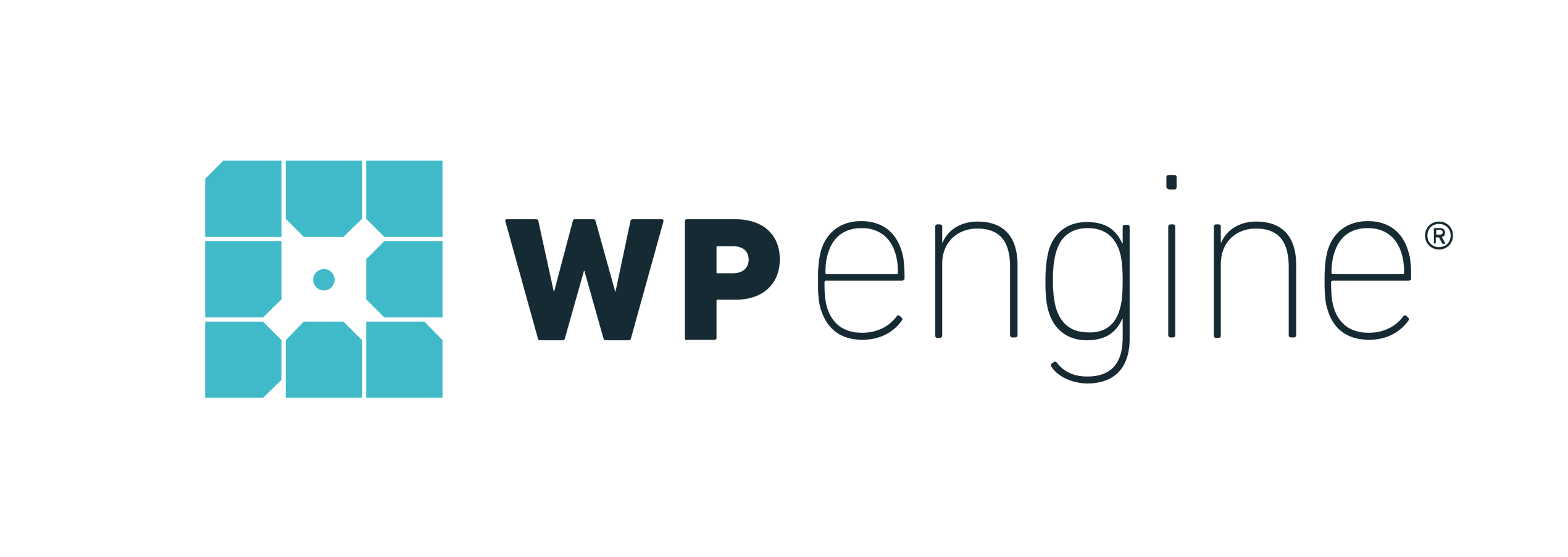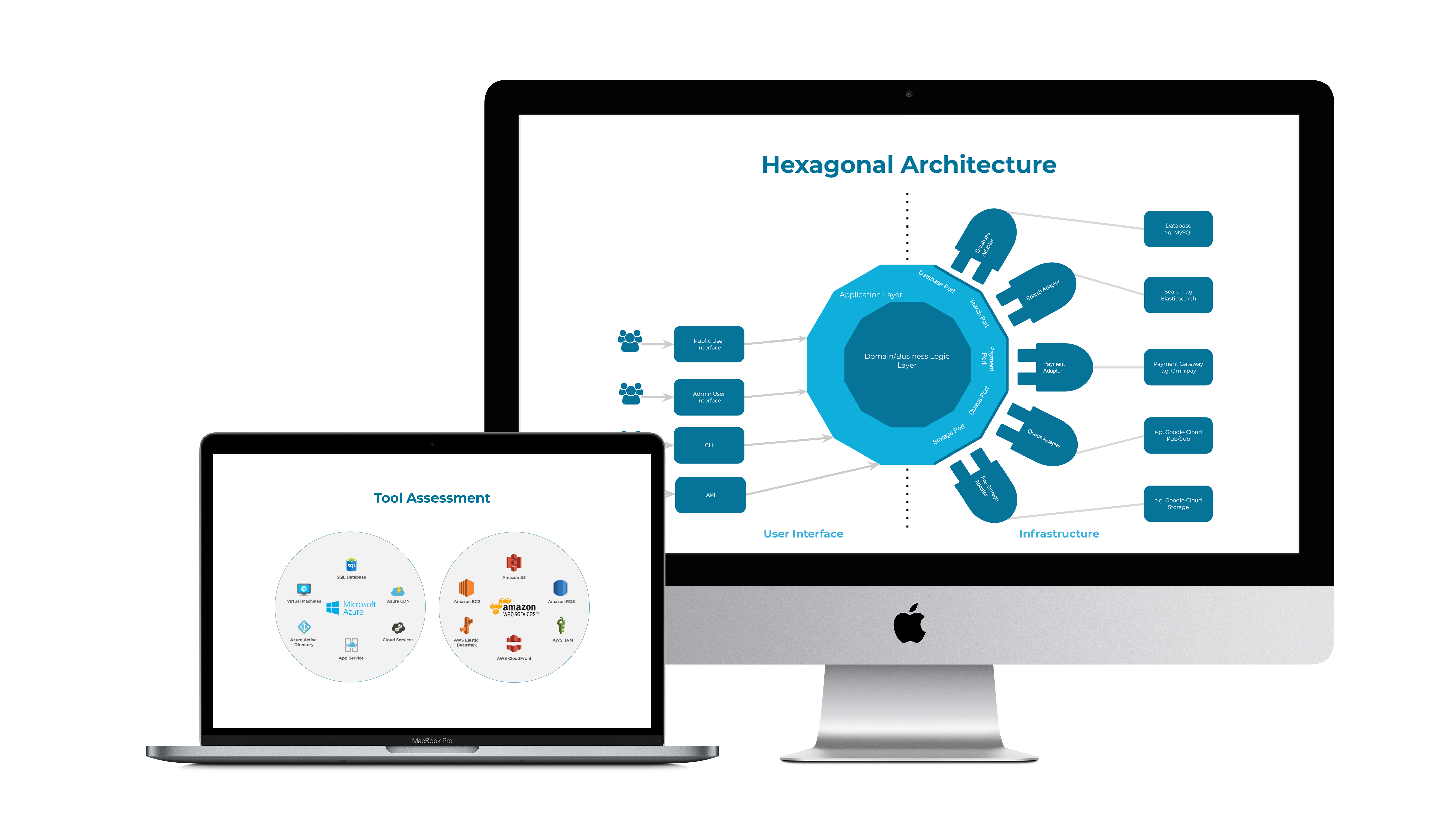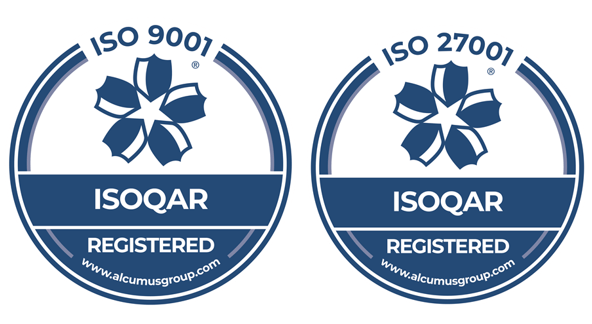As one of the most popular content management systems in the world, WordPress has long dominated the digital landscape, and today powers over 35% of the web. The reasons for its success are easy to see, with WordPress’ renowned flexibility and usability supporting rapid development for quicker time-to-market.

What you might not be aware of, however, are the benefits that WordPress can offer the enterprise market. A quarter of the world’s top 10,000 websites rely on WordPress to deliver valuable content, information and services, and at Box UK we’ve seen first-hand how it supports large, complex and high-transaction solutions, having used the platform to develop global ecommerce site OKdo.com.

Of course, managing an enterprise site on WordPress brings with it a very different set of hosting considerations, and there are a wide range of solutions on the market that address this. In this article we’ll compare the offerings of two leading hosting providers, WordPress VIP and WP Engine (disclaimer: we are a WordPress VIP Silver Agency Partner and a Strategy Partner agency for WP Engine), and also look at some of the key considerations involved should you choose to self-host, to ensure your infrastructure is able to effectively support your digital offering.
WordPress VIP
What is WordPress VIP?
WordPress VIP is the digital experience platform from Automattic, the company behind WordPress.com itself. It provides an enterprise version of WordPress, including purpose-built cloud hosting, integrations with leading technology providers, and a dedicated support service.
Who uses WordPress VIP?
WordPress VIP is used by a number of large-scale organisations that require a solid platform for their content-rich sites, such as the New York Post, Santander, Accuweather, AirBnB and CNN.
What are the key features of WordPress VIP?
Highlights of WordPress VIP include:
- Blazing-fast performance
- Unparalleled security
- Comprehensive support
As can be seen from its client list, WordPress VIP’s focus is on supporting websites at scale. Its cloud-based hosting platform leverages a globally-distributed network and behind-the-scenes plugins to maintain the highest levels of performance, putting it “in first place for average response time” compared to its competitors.
"I’m not sure what WordPress.com VIP is running, but it put up the absolute fastest scores that I’ve seen by a wide margin."
Their tooling includes the Jetpack plugin, which provides administrators with an extensive toolset to help monitor and optimise every aspect of their site’s performance, and which comes set up and ready to go with each WordPress VIP installation. It also includes the VIP Command Line Interface (CLI) tool, allowing developers to control and command the entire application, and version-control for custom code.

Another key focus for WordPress VIP is security. Their custom-designed infrastructure is self-owned and optimised for WordPress deployments. WordPress VIP also has a technology partner programme that offers a library of plugins providing all the features an enterprise site could want (including personalisation, SEO and analytics) without compromising on security.
WordPress VIP additionally offers a comprehensive support service, which includes 24/7 critical outage assistance, and a dedicated help desk to raise and resolve any additional issues. Importantly, because WordPress VIP comes from the creators of WordPress.com, there’s a direct line to core WordPress developers, as well as a host of other significant plugin and library maintainers.

This can speed up the resolution of issues, and provides a valuable level of confidence in the quality of any advice provided.
Ideal for:
Built for enterprise organisations that place a premium on delivering a reliable, stable and fast experience, WordPress VIP is a great solution if you’re dealing with complex, content-rich and/or high-traffic sites, or if security is a priority concern.
Its infrastructure means it’s well-placed to support rapid scalability, making it a good choice for anyone looking to grow their offering too.
Considerations
Due to WordPress VIP’s enhanced features and tooling, effectively navigating this landscape will require a team experienced in working on the platform. Choose the right agency partner, however, and you’ll get a secure and robust site that aligns with the latest best practices. WordPress VIP’s own developers are also on hand to consult on meeting these, and their “code sniffer” tool has been designed to empower clients to support quality development.
Of course your plugins too will need to adhere to the same high standards so you’ll want to look to your team for guidance on this also – ensuring that the functionality you need is implemented in the right way.
WP Engine

What is WP Engine?
Another popular managed WordPress digital experience platform, WP Engine powers 500,000 digital experiences for 120,000 customers in 140 countries. Like WordPress VIP, it provides organisations with a combination of hosting, integration and support services to manage and optimise WordPress sites.
Who uses WP Engine?
With a reported 5% of the online world visiting at least one experience on WP Engine each day, its client list is large and varied, including well-known names such as SAP, Cancer Research UK, Network Rail and National Geographic.
What are the key features of WP Engine?
The WP Engine digital experience platform is structured around four areas:
- Agility: including premium themes provided ‘out-of-the-box’
- Performance: covering a fully-managed cloud hosting offering, with enterprise-grade security
- Intelligence: tools for administrators to monitor and analyse performance
- Integration: supporting feature-rich websites through plugins, APIs and partner solutions
Throughout, its focus is on providing tools to help organisations quickly get started with their WordPress sites. For example, WP Engine provides access to a host of premium themes featuring built-in search engine optimisation, security features and support for the WordPress Gutenberg editor, through its Genesis Framework.
Discover how WordPress is powering frictionless digital experiences for the enterprise.
What is the difference between WP Engine and WordPress VIP?
Notably, WP Engine partners with Amazon Web Services (AWS) and Google Cloud Platform (GCP) to deliver its hosting services, compared to WordPress VIP’s proprietary platform. WP Engine has also spoken previously about plans to increase the number of hosting options available to its customers as part of its ongoing development roadmap, to offer greater variety for clients.

Another difference between the platforms is that WP Engine doesn’t require the same rigour of Quality Assurance (QA) as WordPress VIP. While this makes it even more important that you choose a development partner able to safeguard the necessary levels of security and performance, it can give you more flexibility and can also remove some layers of gatekeeping, to speed up the development process.
Ideal for:
With its focus on agility and ‘out-of-the-box’ functionality, WP Engine is great for organisations that are managing (or looking to manage) their websites in-house with an existing team, or who need certainty around using specific plugins without submitting them to WordPress VIP checks.
Organisations that already rely on AWS or GCP for other aspects of their infrastructure may also be tempted by the fact that, unlike WordPress VIP, these mainstream technologies are supported by the WP Engine platform.
Considerations
While WP Engine does allow for integration with AWS and GCP products these will not be hosted on the same instance as your website, so it’s important to consider how the different parts of your IT ecosystem will work together before you embark on your project (as you should be doing whatever option you ultimately choose!).
Self-hosted WordPress
What is self-hosted WordPress?
At the heart of the WordPress ecosystem is its open source CMS. Being open source, organisations can use this CMS to set up their sites as they wish, and many choose to take on responsibility for the supporting infrastructure themselves, using their established hosting partner or in-house servers.
Who uses self-hosted WordPress?
The nature of self-hosted WordPress solutions makes them difficult to identify, but as can be expected there is huge variety in the organisations taking advantage of this option, from small start-ups to enterprise-level brands.
What are the key features of a self-hosted WordPress setup?
As self-hosting your WordPress site allows you to pick and choose the hosting platform and supporting infrastructure you need, the features are essentially unlimited, and typically come with a lower price tag than the managed services.
Ideal for:
Providing access to a full range of cloud-based tools (depending on the hosting provider you select), this option works particularly well for complex solutions that require access to advanced functionality like queuing systems and machine learning capabilities, which may not be covered by WordPress VIP or WP Engine.
Considerations
Coordinating an entire IT ecosystem obviously requires a great deal of technical know-how, especially when we’re talking about the enterprise. It’s vital to make sure, then, that your internal or third-party team have the skills required to set this up, and that you’ve put a robust plan in place that sets you up for success.

Be careful to check any support agreements and SLAs you have in place with your providers to ensure you’re covered in case of outages and other issues, and ensure you have the right processes in place internally to fill any gaps.
In summary
With more and more enterprise organisations turning to WordPress because of its ability to support fast, feature-rich websites at scale, the number and variety of supporting services around the platform will only continue to grow.
In writing this post, we’ve hoped to highlight some of the key differences between existing solution providers and prompt some questions about your own requirements and priorities. If you’re looking for further guidance, take a look at the WordPress VIP Development and WP Engine Development Solutions sections of our site, and get in touch to find out how we can advise on the most appropriate way forward, to meet your specific goals and vision.


